Dogs & Fireworks: Tips to Keep Your Pup Calm and Safe
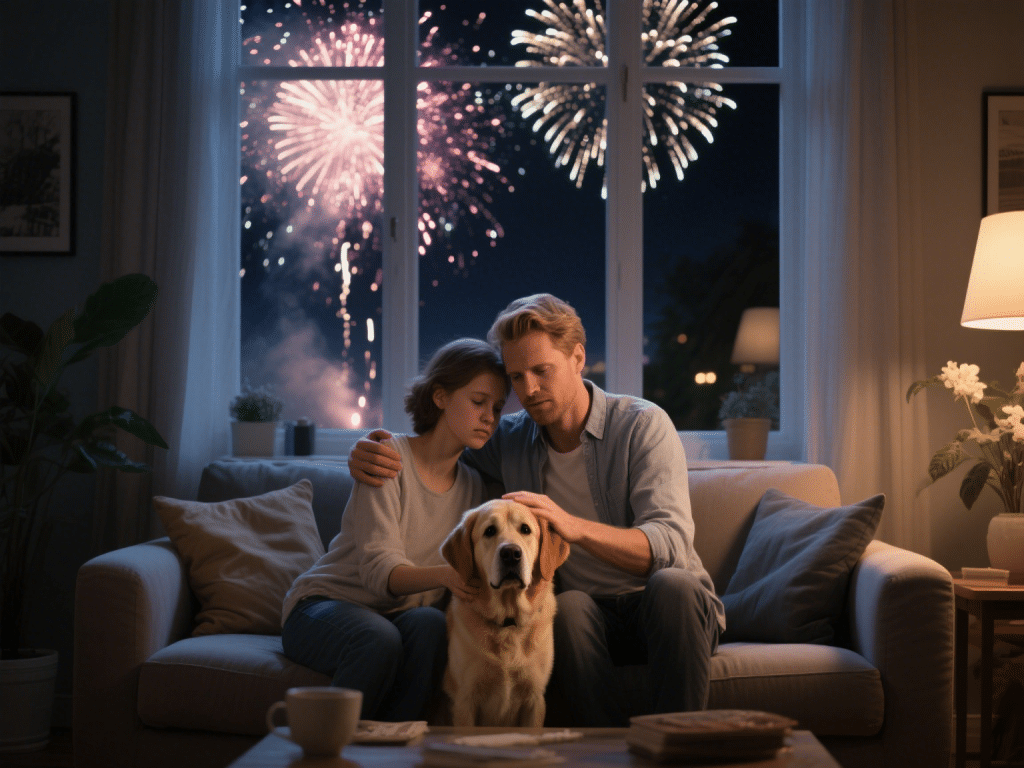
Fireworks can turn a festive night into a source of terror for many dogs. The sudden booms, bright flashes, and unpredictable timing trigger panic responses: shaking, hiding, escape attempts, or destructive behavior. Drawing on my experience as an animal behaviorist and working in shelters during Independence Day events, I’ve developed a multi-layered approach to help your dog weather pyrotechnic storms calmly and safely.
1. Create a Safe Haven
Designate a quiet, interior room—free from windows or drapes—that offers maximum sound insulation. Line it with:
Your dog’s bed and favorite toys.
A crate (if crate-trained) covered with a thick blanket for extra muffle.
An item with your scent (a worn T-shirt) to reassure them.
2. Sound Masking & Calming Sounds
White Noise Machine: Set to a gentle fan or rainfall sound.
Soft Classical Music: Studies show specific frequencies reduce canine anxiety.
TV or Radio: A talk show or nature documentary can distract with human voices.
3. Anxiety-Reducing Products
Adaptil® Pheromone Diffusers: Mimic calming canine pheromones.
Thundershirt®: A snug garment that provides gentle pressure.
Calming Supplements: Veterinary-grade formulas containing L-theanine, chamomile, or CBD (where legal).
Always follow dosage per weight, and introduce these aids days before events so your dog associates them with normalcy.
4. Desensitization Training Well in Advance
Weeks before fireworks season:
Record Firework Sounds at low volume.
Pair with Positive Rewards: Toss treats or toys while playing the recordings.
Gradual Volume Increase: Over sessions, slowly raise volume only as long as your dog remains relaxed.
Associate a “Safe Word”: A cue like “Relax” predicts soothing treatment—praise, petting, or treats.
5. Overnight Preparation on Event Night
Block Light Bursts: Close curtains and blinds.
Schedule a Long Walk: Tire your dog out safely before the noise starts.
Remove Hazards: Secure fences, close doors, and ensure identification tags/microchip info is current.
Avoid Punishment: Never scold noise-driven behaviors; it amplifies fear and distrust.
6. Emergency Vet Options
For extreme cases, consult your veterinarian 2–3 weeks before planned events. They may prescribe:
Trazodone or Alprazolam: Short-term anxiety relief.
Gabapentin: Reduces noise-induced stress and potential pain.
Follow medical advice closely and trial medications during normal days to assess side effects.
By combining environmental adjustments, desensitization, soothing products, and potential veterinary support, you can transform fireworks nights from nightmare to manageable. Your calm presence, prepared safe haven, and gradual training provide the security your dog needs to remain relaxed—even amid the loudest celebrations.
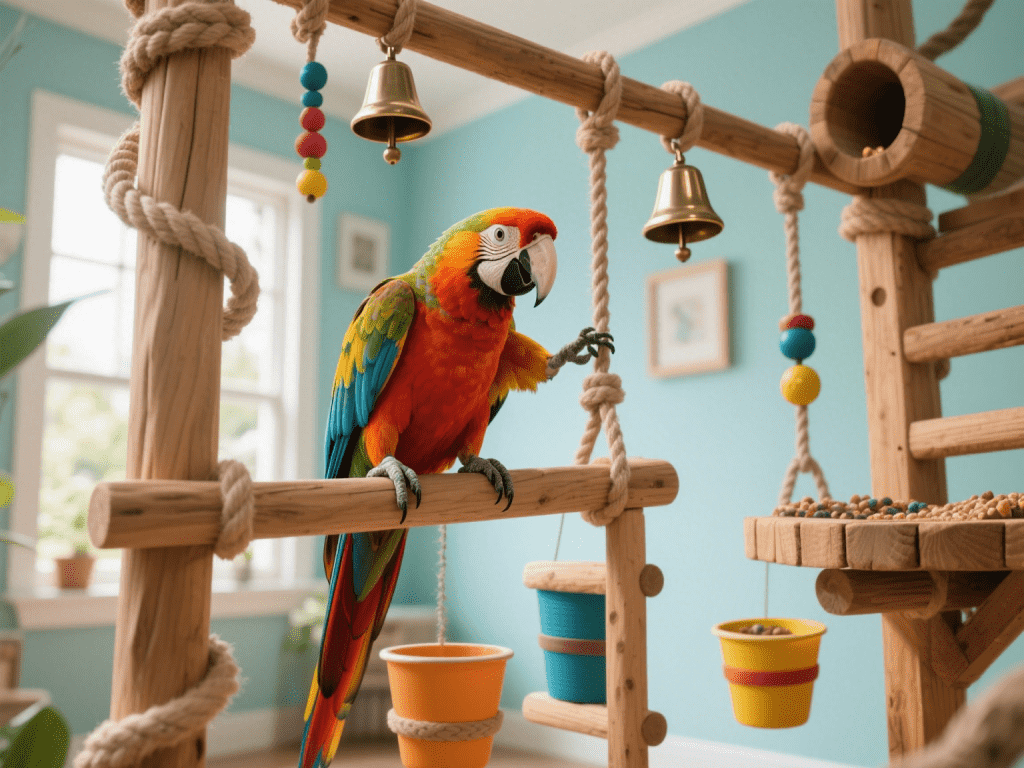
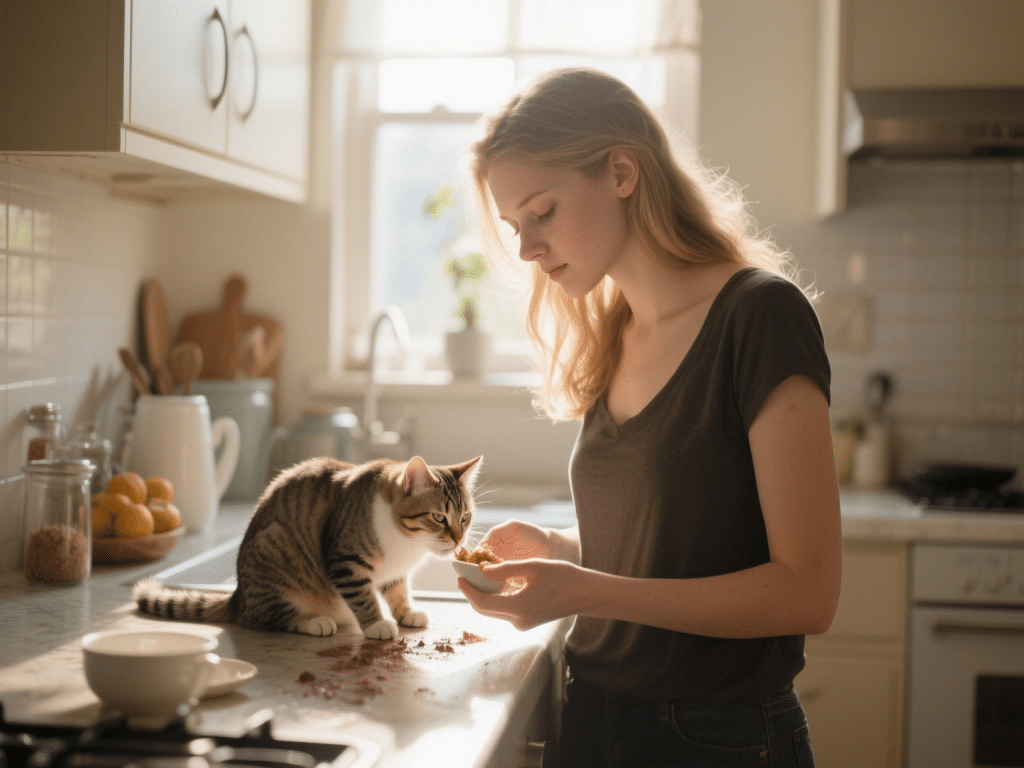

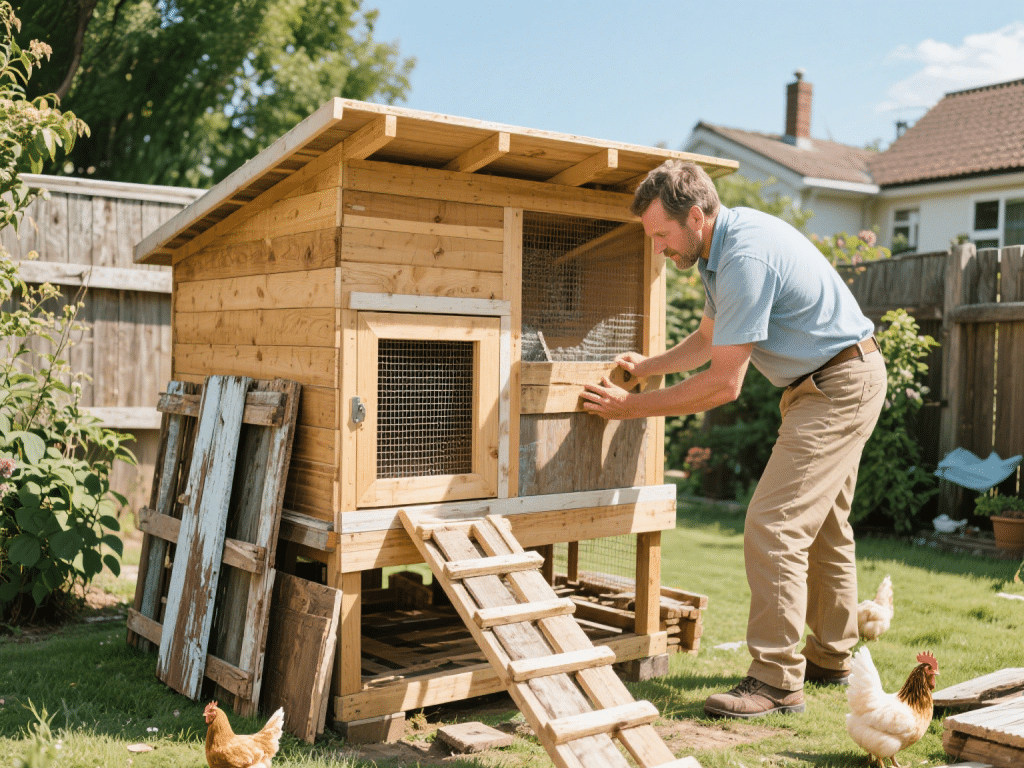
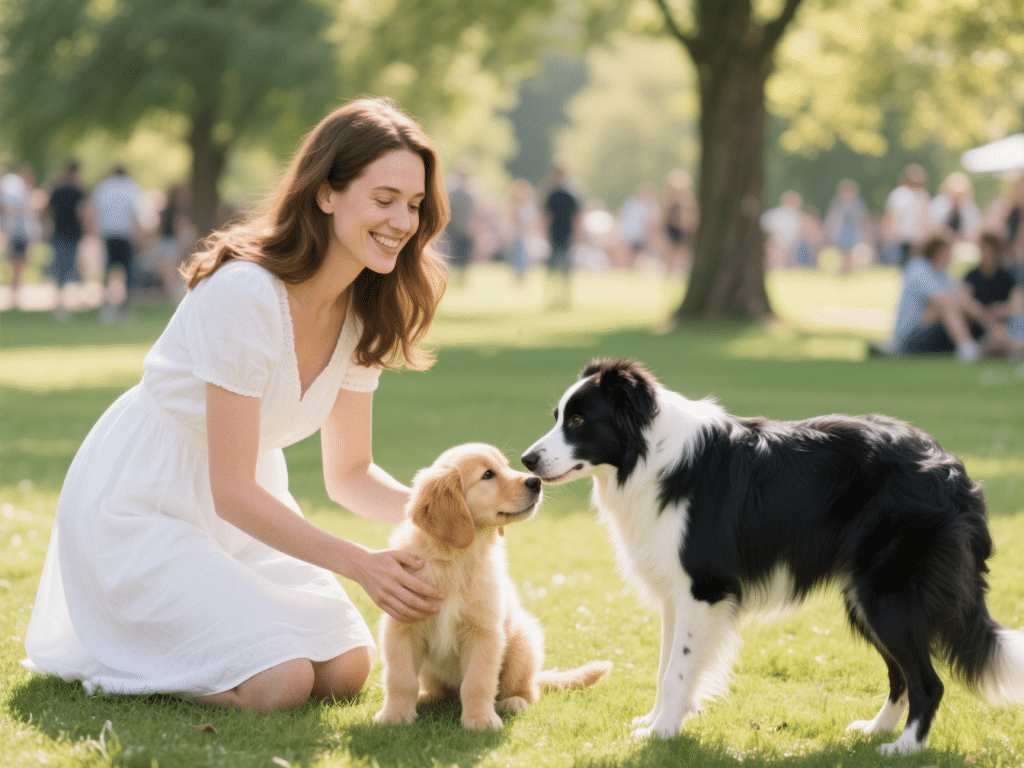
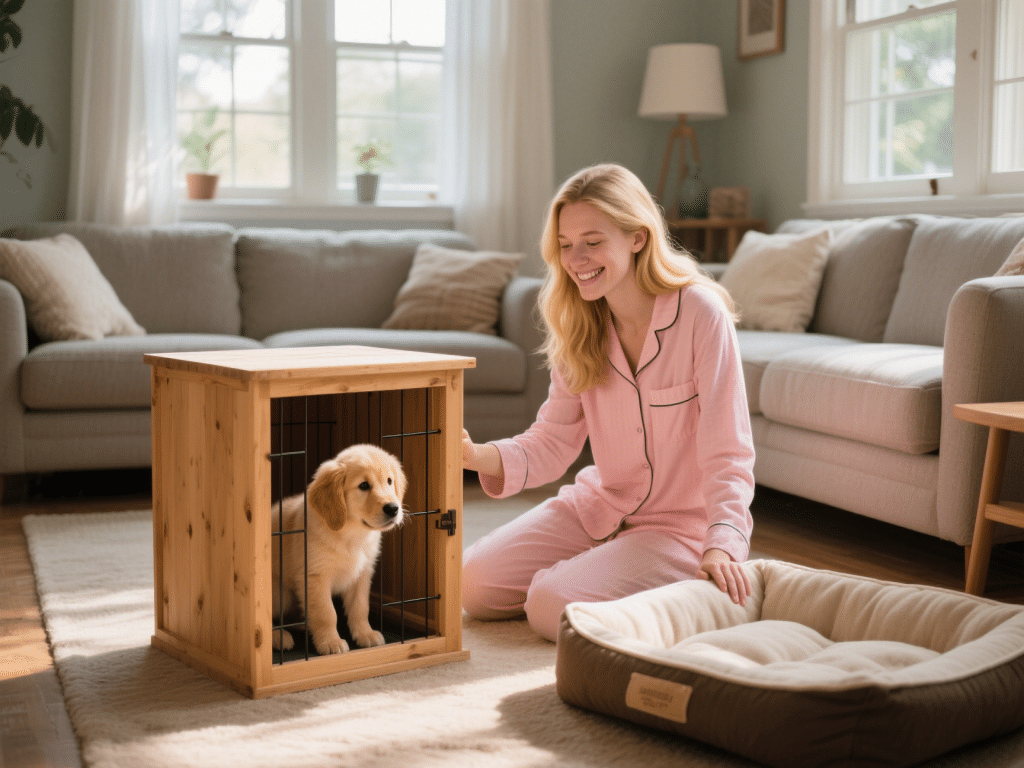
Comments on "Dogs & Fireworks: Tips to Keep Your Pup Calm and Safe" :